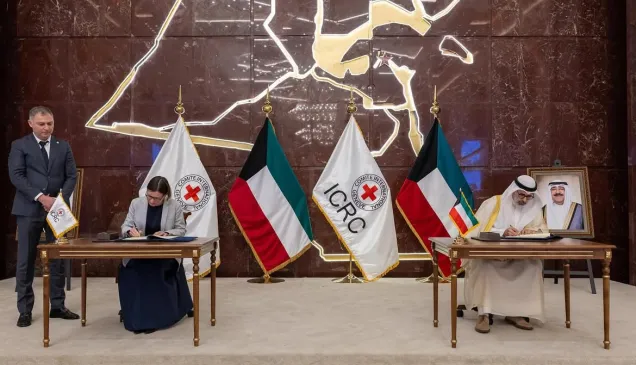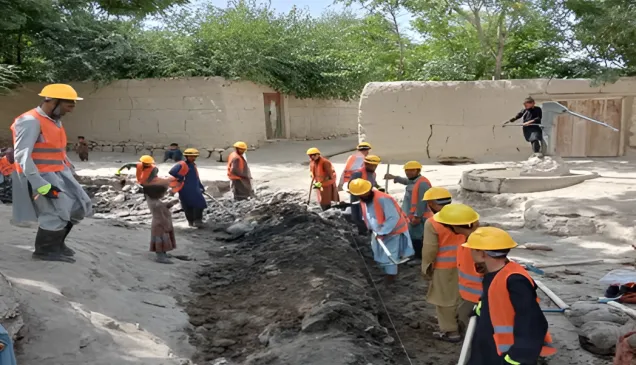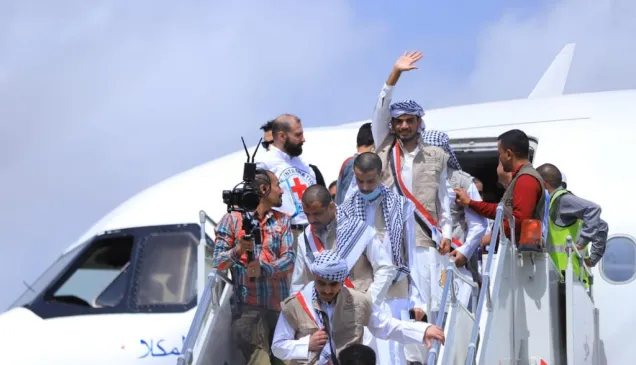Kuwait: ICRC discusses impact of armed conflict on mental health, urges to address unmet needs
Kuwait (ICRC) - The International Committee of the Red Cross is participating in the Middle East Psychological Association’s conference from 14 to 16 March in Kuwait, to discuss the impact of armed conflict on mental health.
“War and violence destroy communities and countries all over the world, and have a devastating impact on the mental health of millions of people. They lead to the breakdown of local systems and infrastructure. As a result, adequate assistance is often unavailable when people need it the most. People affected by conflict and violence are at risk of death, displacement, loss of loved ones and injury – among others – and need medical care for both physical and psychological conditions”, said Milena Osorio, the ICRC’s lead clinical psychologist, who is a speaker at the conference.
“Not all scars are visible,” she added. “Mental health is just as important as physical health. When not addressed, mental health and psychosocial needs have a far-reaching and long-term impact on people, their families, their communities, and on the whole society.”
These needs remain unmet for reasons including the strong stigma around mental health, lack of protection of people affected, limited access to services, and insufficient resources.
After a conflict ends:
- around 15% of people experience post-traumatic stress disorder.
- 17% of people experience depression. pic.twitter.com/cz1LOycK3D— ICRC (@ICRC) March 6, 2019
The ICRC is primarily focusing on the most vulnerable people, including families of missing persons, helpers, victims of violence, children associated with armed forces or armed groups, persons with disabilities and detainees, and migrants.
“Our approach aims to protect and promote psychosocial well-being, prevent mental health disorders and provide adequate care when they occur. We carry out a wide range of activities to address the psychological and psychosocial problems caused or exacerbated by armed conflict and other situations of violence. We work through support groups, we provide counseling, training, capacity building and coaching of key community actors so they can provide basic psychosocial and psychological support”, said Ms Osorio.
In 2018, more than 300 000 people affected by psychological trauma benefitted from the ICRC’s support all over the world.
“Through our participation in the Middle East Psychological Association meeting here in Kuwait, we hope to sensitize experts, key government and civil society actors on the importance of providing adequate support to victims of armed conflict and violence”, said Ms. Osorio. “There is a need to focus greater global attention on the mental health and psychosocial needs of populations affected by armed conflict, natural disasters and other emergencies, including those arising as a result of migration. It is particularly important to tackle the stigma surrounding this pressing humanitarian issue,” she added.
The ICRC is calling for:
1) Increase access to relevant mental health and psychosocial support services for people affected;
2) Embed mental health and psychosocial support in a continuum of care that is multi-layered, local and long-term in approach;
3) Ensure the dignity and agency of affected people by armed conflicts, natural disasters, emergencies.



